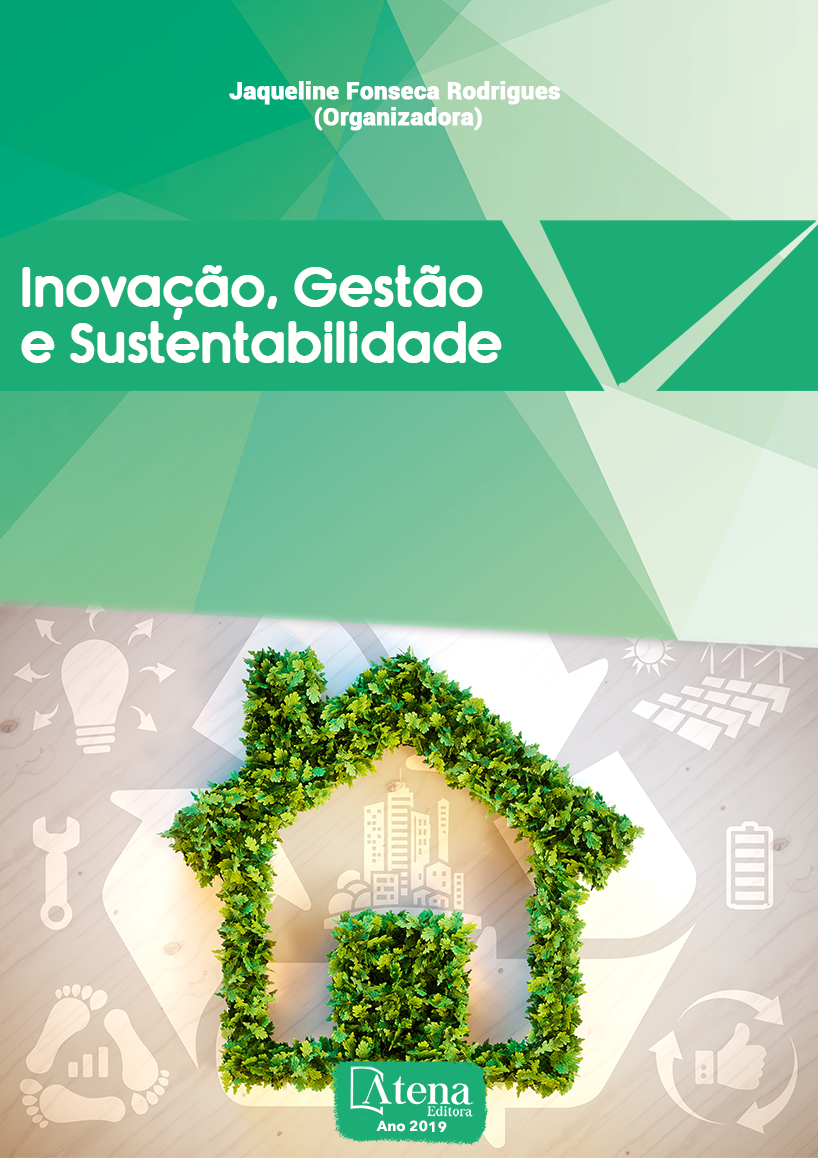
A COORDENAÇÃO ENTRE USINAS E DISTRIBUIDORAS NO MERCADO DE ETANOL EM GOIÁS
O trabalho objetiva analisar a
Economia dos Custos de Transação (ECT)
no mercado de distribuição de etanol em
Goiás, considerando a relação contratual das
usinas com as distribuidoras. A metodologia
consiste na análise qualitativa com pesquisa
bibliográfica, coleta de dados secundários e
de dados primários. O resultado aponta para
a importância da coordenação dos agentes no
mercado de distribuição de etanol, considerando
a organização dos grupos de comercialização.
Na análise da ECT verificou-se a presença das
hipóteses comportamentais de racionalidade
limitada e de oportunismo dos agentes; dos
atributos das transações de incerteza, de
frequência e de especificidade dos ativos de
acordo com a pesquisa realizada nas quatro
usinas. Conclui-se que a relação entre as usinas
Inovação, Gestão e Sustentabilidade Capítulo 1 12
e as distribuidoras está dividida em duas estruturas de governança: mercado Spot e
contratos (híbrida). A primeira revela que existem características de elevados custos
de transação com o mercado, ausência de coordenação na cadeia produtiva, alta
incerteza e oportunismo dos agentes, enquanto o preço de comercialização depende
da oferta e da demanda no mercado de etanol. Já a segunda, apesar da racionalidade
limitada dos agentes e da alta especificidade locacional e dos ativos físicos, descreve
uma elevada coordenação entre os agentes, principalmente com o uso de contratos
(em média 1 ano - safra) na distribuição de etanol. Portanto, os contratos geram maior
eficiência e salvaguardas, ao garantir a estabilidade de oferta de etanol no mercado
e também permitir a redução dos custos de transação, das ações oportunistas e da
incerteza do ambiente.
A COORDENAÇÃO ENTRE USINAS E DISTRIBUIDORAS NO MERCADO DE ETANOL EM GOIÁS
-
DOI: 10.22533/at.ed.0471918061
-
Palavras-chave: Custos de Transação; Mercado de Etanol; Distribuidoras; Goiás.
-
Keywords: 15
-
Abstract:
The paper aims to analyze the Transaction Cost Economics (TCE) in
ethanol distribution market in Goiás, considering the contractual relationship between
the ethanol plants with the distributors. The methodology consists of qualitative analysis
and bibliographic search, collection of secondary data and primary data. The result
points to the importance of coordination of agents in the ethanol distribution market,
considering the organization of commercialization groups. In the analysis of TCE verified
the presence of behavioral assumptions of bounded rationality and opportunism of
the agents; the attributes of the uncertainty of transactions, frequency and specificity
of the assets according to research conducted in four ethanol plants. We conclude
that the relationship between ethanol plants and the distributors is divided into two
governance structures: spot market and contracts (hybrid). The first reveals that there
are characteristics of high transaction costs to the market, lack of coordination in the
supply chain, high uncertainty and opportunism of the agents, while the sales price
depends on supply and demand in the ethanol market. The second, despite the limited
rationality of agents and high specificity locational and physical assets, describes a
high coordination between agents, especially with the use of contracts (on average
one year - crop) in the distribution of ethanol. Therefore, the contracts generate greater
efficiency and safeguards to ensure the supply of ethanol stability in the market and
also allow the reduction of transaction costs, opportunistic actions and environmental
uncertainty.
-
Número de páginas: 15
- Lívia Figueiredo de Oliveira
- Cleidinaldo de Jesus Barbosa
- Edson Roberto Vieira
- Sérgio Fornazier Meyrelles Filho
- Fábio André Teixeira
- Sabrina Faria de Queiroz
- ANTONIO MARCOS DE QUEIROZ


